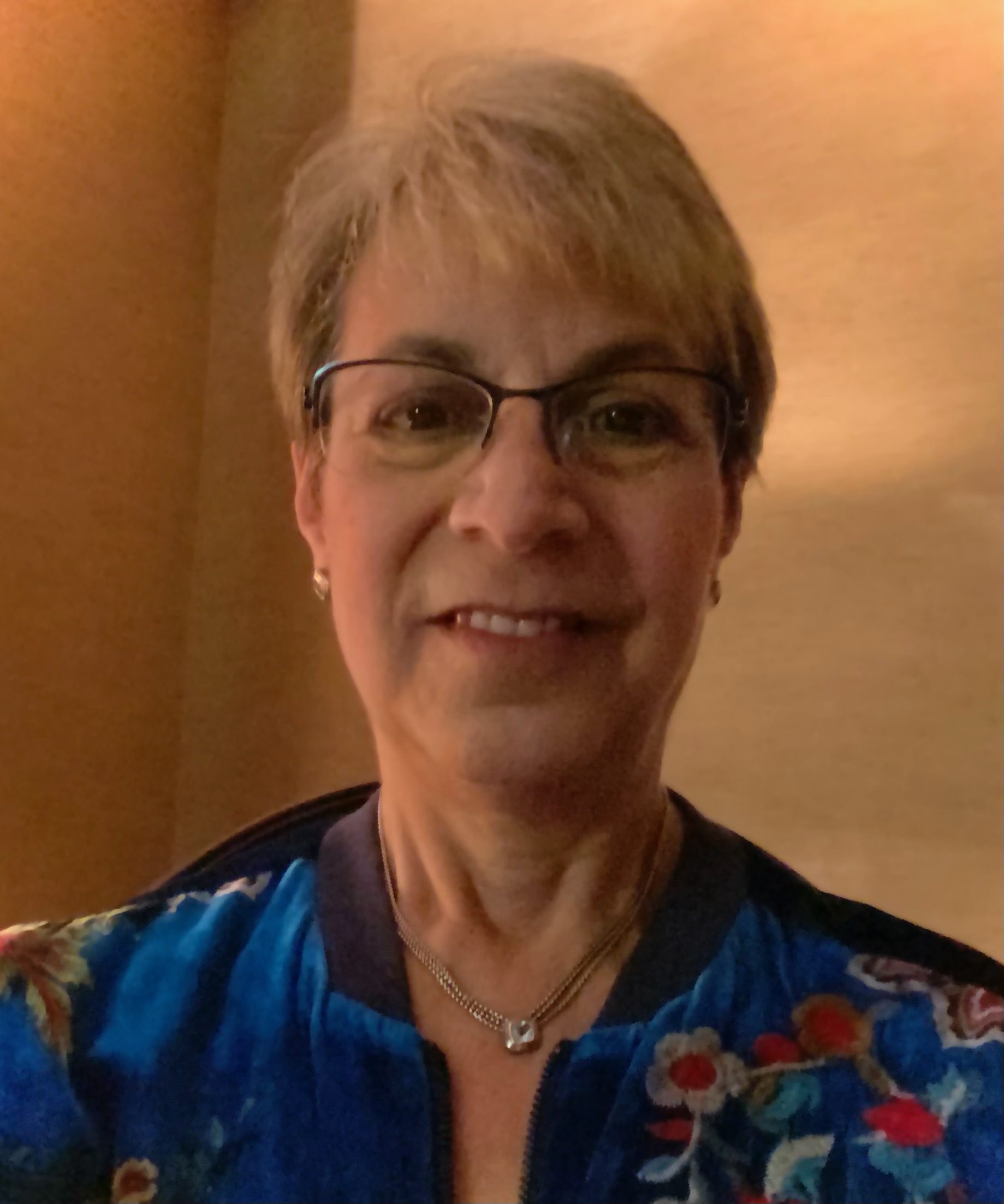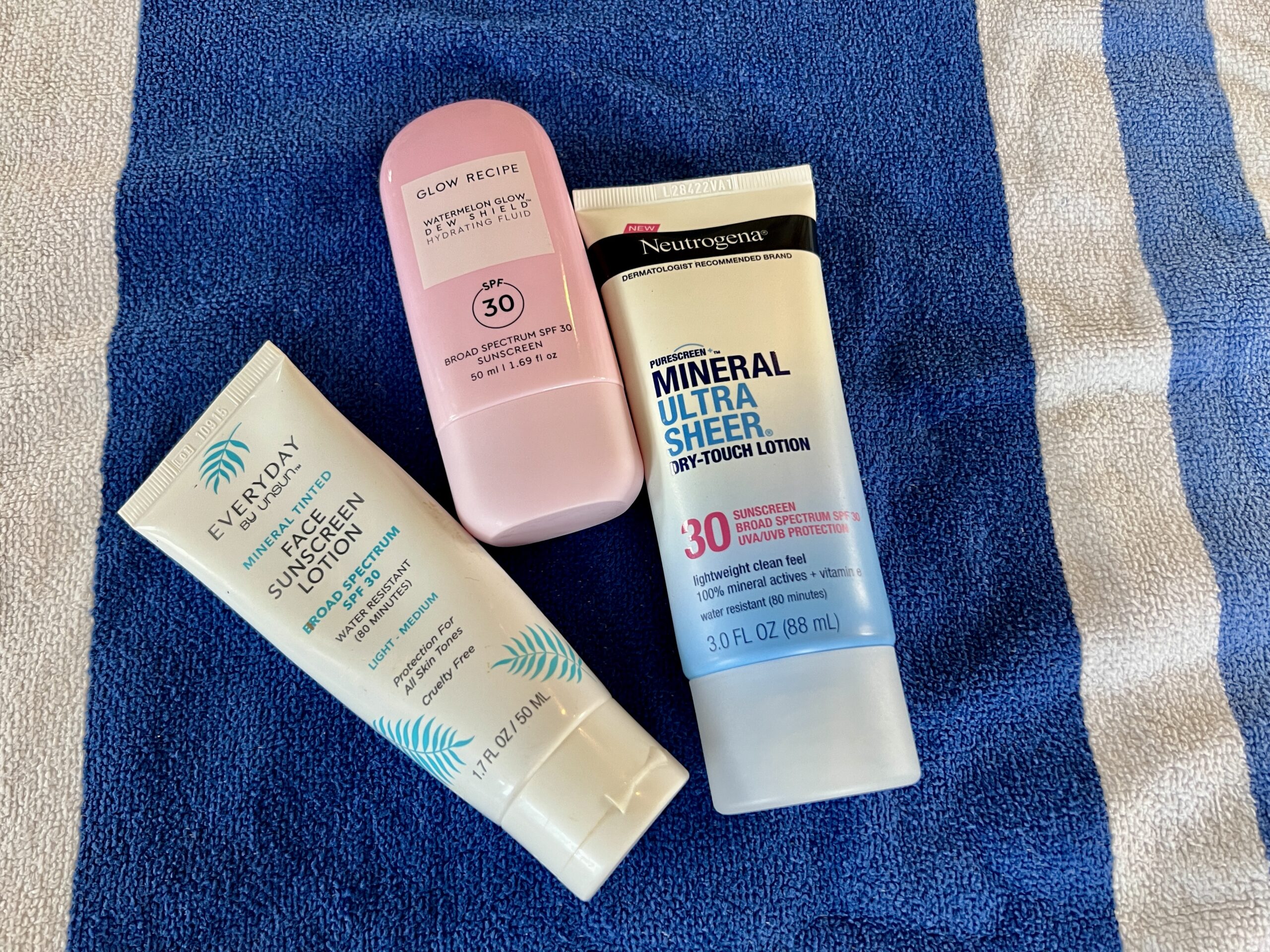College Bound: Operation Varsity Blues

Audio By Carbonatix

Adrienne Leinwand Maslin. Courtesy photo
We-Ha.com will be publishing a series of essays/blogs/reflections on the issue of going to college – primarily a set of thoughts and musings, along with some practical advice, intended to support students and parents as they embark on this journey. While many of our readers are experts in this topic, many others are less knowledgeable and have little outside support. We hope this is helpful to all readers as they go through the various stages of getting into and getting something out of college.
By Adrienne Leinwand Maslin
Like many of you, I was stunned, flabbergasted, dumbfounded, stupefied, and had to pull my chin up off the floor when I heard about the college admissions scandal known as Operation Varsity Blues.
You all know the story by now. Fifty wealthy, or famous, or wealthy and famous parents bribed their children’s way into some of the most elite universities in the country – University of Southern California, UCLA, Stanford, Georgetown, and Yale among them. The scandal included college athletics personnel, test proctors for the College Board, a college consultant who was the mastermind behind it, a very youthful looking 36-year-old who flew back and forth across the country taking SAT exams for others and who requested special accommodations typically reserved only for students who absolutely need them, a clothing designer, and, of course, famous actors. One of those actors is a particular favorite of mine. It kind of gave new meaning to the name of a show in which she starred: Desperate Housewives.
My reaction had multiple layers. Would parents really commit criminal acts to ensure their child’s acceptance at Yale or Stanford? Why? Would they really pay bribes, cheat, and photoshop their child’s face onto the body of a water polo player to guarantee admission to Georgetown or USC? Again, why? And how would the student fare? Would she be able to maintain acceptable grades in rigorous classes? Would he be able to discuss issues of consequence with classmates and professors?
While all of these questions ran through my head the one I kept coming back to was this: there are approximately 3,500 institutions of higher education in the United States. Nearly all of them are “good” colleges and universities, defined by me as colleges that help young adults learn, think, face difficulties, prepare for careers, expand their horizons, and help them grow into the people they want to become. Would none of the other 3,499 do?
During a 45-year career in higher education administration, both as an administrator and as an adjunct professor, I have marveled at the talented and passionate faculty and staff I have worked with whose primary goal was to help students succeed. At all of the colleges and universities I have worked at, large and small, well-known and barely known, this has been done through rigorous coursework taught by faculty who are specialists in their disciplines and who are extraordinary teachers.
It is accomplished with librarians who are phenomenal! No matter where I have worked, librarians have been among the most knowledgeable, professional, and kindhearted employees.
With student services professionals – enrollment services staff, career counselors, academic advisors, disability support specialists – who are always devising new ways, more effective ways, to help students achieve their goals.
Good colleges are those where student activities, orientation, and residential life staff try to make every student feel included and welcome and provide activities that appeal to a broad range of interests; where the finance staff continually strive to make the issue of payment easier on students by developing expanded and more flexible payment options; where IT staff make sure the college has all the on-campus technology needed for students, faculty, and staff to do their work; and where maintenance staff rearrange furniture, plow the snow, rearrange furniture, paint offices and classrooms, rearrange furniture, mow the lawns, and rearrange furniture for the myriad events that are held on campus each day.
Every person who works at a college plays a role in a student’s education and a good college is one where every employee understands that.
Choosing a college can be difficult although there are ways to make it easier. Books, books, and more books have been written about the process of choosing a college. In my next blog post, I will try to whittle the excellent advice offered in those books to a shorter and, perhaps, more manageable form.
For now, the most important thing to remember is that there are some 3,500 institutions of higher education out there. Each one of them is just the right place for somebody. Our country’s colleges and universities are incredibly diverse – as diverse as the students who attend. That’s the concept to keep in mind as you begin your search.
Adrienne Leinwand Maslin recently retired from a 45-year career in higher education administration. She has worked at public and private institutions, urban and rural, large and small, and two-year and four-year, and is Dean Emerita at Middlesex Community College. She has held positions in admissions, affirmative action, president’s office, human resources, academic affairs, and student affairs. Maslin has a BA from the University of Vermont, an MEd from Boston University, and a PhD from the University of Oregon. She is presently creating a TV/web-based series on life skills and social issues for 9-12 year olds believing that the more familiar youngsters are with important social issues the easier their transition to college and adulthood will be. Information about this series as well as contact information can be found at www.shesroxanne.com.
Like what you see here? Click here to subscribe to We-Ha’s newsletter so you’ll always be in the know about what’s happening in West Hartford! Click the blue button below to become a supporter of We-Ha.com and our efforts to continue producing quality journalism.




[…] College Bound, Operation Varsity Blues (WeHa.com, Jan. 2, 2022) […]